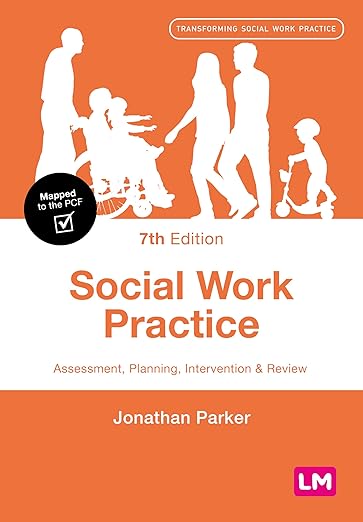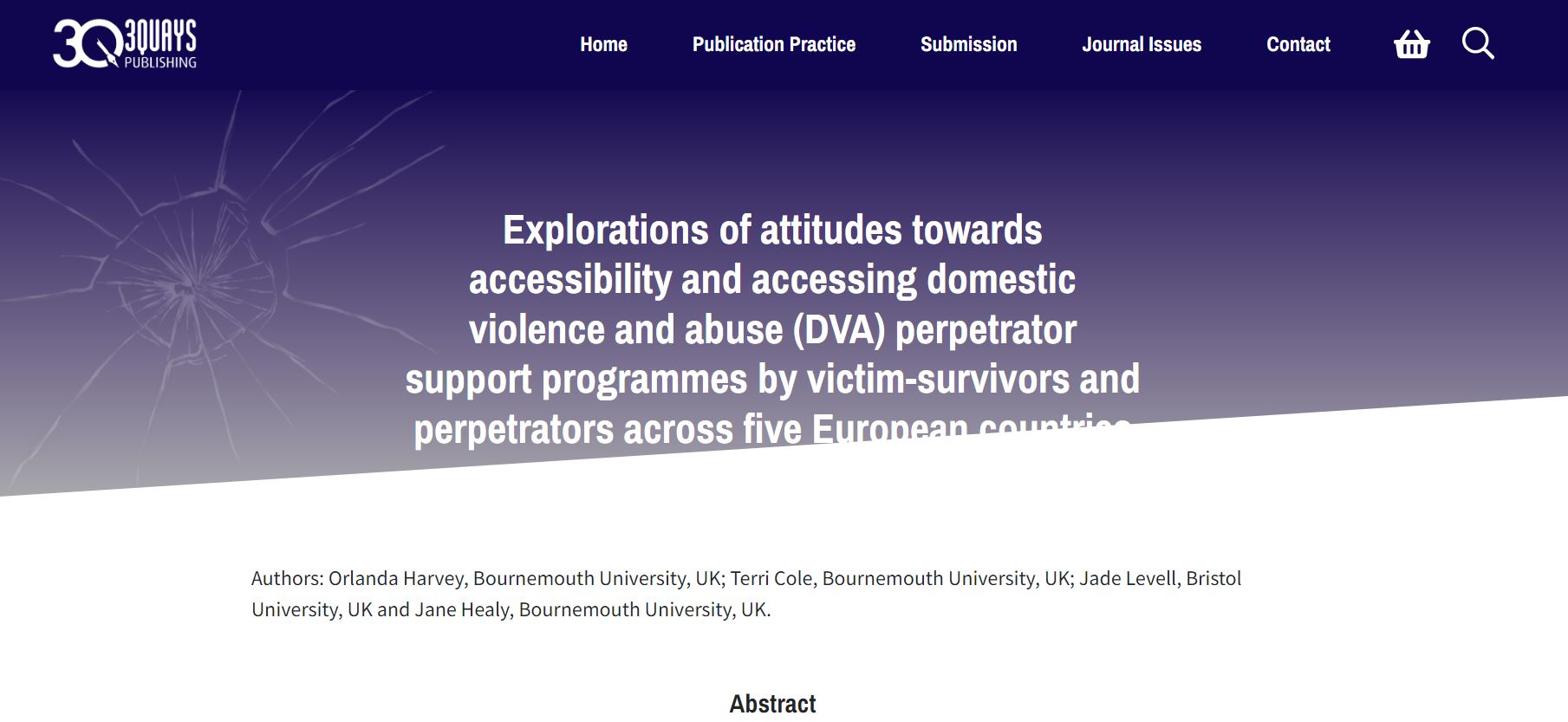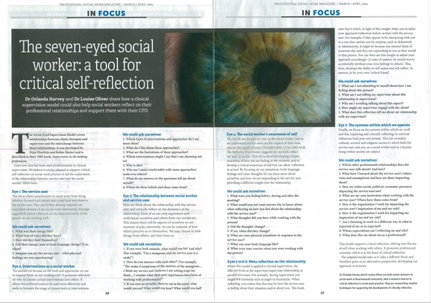Select committee inquiries launched since 1 March:
Covid-19 and the criminal law | Justice Committee | Deadline for evidence submission: Friday 9th April 2021
Local government and the path to net zero | Housing, Communities and Local Government Committee | Deadline for evidence submission: Friday 30th April 2021
Tech and the future of UK foreign policy | Foreign Affairs Committee | Deadline for evidence submission: Tuesday 11th May 2021
Armed Forces Bill 2019 – 21| Select Committee on the Armed Forces Bill | Deadline for evidence submission: Sunday 21st March 2021
Role of batteries and fuel cells in achieving Net Zero | Science and Technology Committee (Lords) | Deadline for evidence submission: Monday 29th March 2021
Concussion in sport | Digital, Culture, Media and Sport Committee | Deadline for evidence submission: Tuesday 30th March 2021
Long term funding of adult social care | Housing, Communities and Local Government Committee | Deadline for evidence submission: 16th April 2021
More inquiries: all inquiries currently accepting evidence are found here.
Why should I engage? Submitting evidence to a select committee can lead to further engagement, such as an invite to give oral evidence. Your submission will be published on the Committee webpage. Your insights may inform the Committee’s conclusions or recommendations it makes to the Government. Find out more about why to engage with Parliament here. And find more on engagement for impact here.
Support: Please engage with BU’s policy team before submitting evidence to a select committee. We can provide guidance and templates for colleagues who are new to responding to inquiries and we read through a substantial draft before all colleagues submit their response. Contact us – policy@bournemouth.ac.uk
 Congratulations to Bournemouth University’s Emeritus Professor Jonathan Parker who has just published the 7th edition of his best-selling Social Work Practice. This latest edition of Social Work Practice comes with updated content and case studies. First published in 2004, this textbook has guided social work students through the processes of working with people, groups and communities looking at the politics of assessment, planning, intervention and review and negotiating a value-based approach to practice that acknowledged the centrality of relationships and respect for the people with whom social workers practice.
Congratulations to Bournemouth University’s Emeritus Professor Jonathan Parker who has just published the 7th edition of his best-selling Social Work Practice. This latest edition of Social Work Practice comes with updated content and case studies. First published in 2004, this textbook has guided social work students through the processes of working with people, groups and communities looking at the politics of assessment, planning, intervention and review and negotiating a value-based approach to practice that acknowledged the centrality of relationships and respect for the people with whom social workers practice. Congratulations to Bournemouth University’s Emeritus Professor Jonathan Parker who has just published the 7th edition of his best-selling Social Work Practice. This latest edition of Social Work Practice comes with updated content and case studies. First published in 2004, this textbook has guided social work students through the processes of working with people, groups and communities looking at the politics of assessment, planning, intervention and review and negotiating a value-based approach to practice that acknowledged the centrality of relationships and respect for the people with whom social workers practice.
Congratulations to Bournemouth University’s Emeritus Professor Jonathan Parker who has just published the 7th edition of his best-selling Social Work Practice. This latest edition of Social Work Practice comes with updated content and case studies. First published in 2004, this textbook has guided social work students through the processes of working with people, groups and communities looking at the politics of assessment, planning, intervention and review and negotiating a value-based approach to practice that acknowledged the centrality of relationships and respect for the people with whom social workers practice.














 From Sustainable Research to Sustainable Research Lives: Reflections from the SPROUT Network Event
From Sustainable Research to Sustainable Research Lives: Reflections from the SPROUT Network Event REF Code of Practice consultation is open!
REF Code of Practice consultation is open! BU Leads AI-Driven Work Package in EU Horizon SUSHEAS Project
BU Leads AI-Driven Work Package in EU Horizon SUSHEAS Project ECR Funding Open Call: Research Culture & Community Grant – Apply now
ECR Funding Open Call: Research Culture & Community Grant – Apply now ECR Funding Open Call: Research Culture & Community Grant – Application Deadline Friday 12 December
ECR Funding Open Call: Research Culture & Community Grant – Application Deadline Friday 12 December MSCA Postdoctoral Fellowships 2025 Call
MSCA Postdoctoral Fellowships 2025 Call ERC Advanced Grant 2025 Webinar
ERC Advanced Grant 2025 Webinar Update on UKRO services
Update on UKRO services European research project exploring use of ‘virtual twins’ to better manage metabolic associated fatty liver disease
European research project exploring use of ‘virtual twins’ to better manage metabolic associated fatty liver disease